4 Ways You Could Be Damaging Your Kidneys: An Insight From The Best Kidney Specialist In Surat
The kidneys are vital organs responsible for filtering waste, toxins, and excess fluids from the blood, maintaining electrolyte balance, and regulating blood pressure. Despite their importance, many of us unknowingly engage in habits or lifestyle choices that could harm these hardworking organs over time. Chronic kidney disease (CKD) often develops silently, without obvious symptoms, until significant damage has occurred.
By becoming aware of behaviors that could damage your kidneys, you can take proactive steps to protect their health and improve your overall well-being. Experts at SIDS Hospital, one of the best hospitals in Surat, share four ways you might be harming your kidneys and how to prevent long-term damage.
1. Overusing Painkillers and Medications
Many people rely on over-the-counter painkillers like ibuprofen, naproxen, or aspirin to manage headaches, muscle pain, or chronic conditions. While these medications can be effective, overuse or prolonged use can damage your kidneys.
Why Painkillers Harm Your Kidneys
“Non-steroidal anti-inflammatory drugs (NSAIDs) reduce blood flow to the kidneys, limiting their ability to function properly. Over time, this can cause acute kidney injury or contribute to chronic kidney disease, especially in individuals with preexisting kidney issues or dehydration.”, explains one of the best kidney specialists in Surat, consulting at SIDS Hospital.
Other medications, such as certain antibiotics, antacids, and prescription drugs, can also be hard on the kidneys when taken in excess or without medical supervision.
How to Protect Your Kidneys
● Use painkillers only as directed and avoid long-term use without consulting a doctor.
● Stay hydrated when taking medications to help your kidneys process them effectively.
● Speak with your healthcare provider about the safety of any medications you take regularly, particularly if you have underlying health conditions.
2. Eating Too Much Processed Food
Processed foods, while convenient, are often loaded with excessive salt, sugar, and unhealthy fats that can wreak havoc on your kidneys.
The Role of Salt in Kidney Damage
Consuming too much sodium forces the kidneys to work harder to filter the excess out of your body. Over time, this can lead to high blood pressure, which is one of the leading causes of kidney disease.
Processed foods also contain phosphate additives, which can be particularly harmful to the kidneys when consumed in high amounts, especially for individuals already at risk for kidney problems.
How to Protect Your Kidneys
● Reduce your intake of processed and packaged foods like chips, deli meats, frozen meals, and fast food.
● Focus on a diet rich in fresh fruits, vegetables, whole grains, and lean proteins.
● Read food labels to monitor your sodium and phosphate intake, aiming for less than 2,300 mg of sodium per day.
3. Not Drinking Enough Water
Staying hydrated is essential for kidney health. When you don’t drink enough water, your kidneys have to work harder to filter and remove waste, which can lead to problems like kidney stones or urinary tract infections (UTIs).
How Dehydration Impacts Your Kidneys
When your body is dehydrated, urine becomes more concentrated, which can increase the risk of developing kidney stones and infections. Over time, chronic dehydration can strain the kidneys, potentially leading to reduced kidney function.
How to Protect Your Kidneys
● Aim to drink at least 8–10 glasses of water per day, depending on your activity level, climate, and overall health.
● Monitor the color of your urine — it should be light yellow or clear. Dark yellow urine may indicate dehydration.
● Our expert and one of the best kidney stone specialists in Surat also advises against excessive intake of sugary drinks, sodas, and energy drinks, as they can harm kidney health.
4. Ignoring High Blood Pressure or Diabetes
High blood pressure (hypertension) and diabetes are two of the most common causes of kidney disease. Failing to manage these conditions effectively can lead to kidney damage over time.
Why High Blood Pressure and Diabetes Harm the Kidneys
● High blood pressure can damage the small blood vessels in the kidneys, reducing their ability to filter waste and regulate fluids effectively.
● Diabetes can cause high blood sugar levels, which over time can damage the nephrons (the tiny filtering units in the kidneys). This is known as diabetic nephropathy.
How to Protect Your Kidneys
● Monitor Your Blood Pressure and Blood Sugar: Keep blood pressure below 120/80 mmHg and blood sugar levels within the target range set by your doctor.
● Adopt a Kidney-Friendly Lifestyle: Exercise regularly, eat a balanced diet, and maintain a healthy weight.
● Take Prescribed Medications: If you have high blood pressure or diabetes, take medications as directed to prevent kidney-related complications.
● Schedule regular check-ups to monitor kidney function, especially if you’re at risk due to family history or existing conditions.
Final Thoughts
Your kidneys play an essential role in maintaining overall health, and it’s important to protect them by avoiding habits that can cause damage.
If you’re concerned about your kidney health or experience symptoms like persistent fatigue, swelling, or changes in urination, consult a healthcare professional at SIDS Hospital, well-known as one of the best hospitals in Surat. Early detection and prevention are the keys to keeping your kidneys healthy for years to come.


 Book Appointment
Book Appointment.png) Video Consultation
Video Consultation


